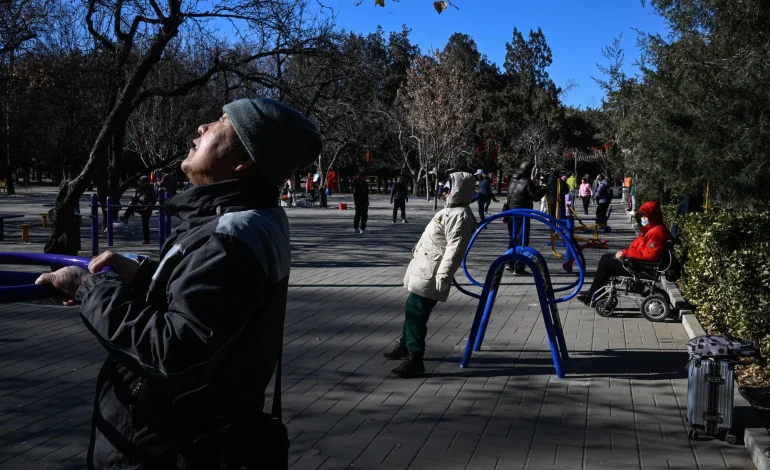In a move aimed at bolstering the workforce and supporting the economy, China’s top lawmakers have approved a plan to gradually raise the retirement age, the first such change since 1978, Bloomberg reports.
According to the Xinhua News Agency, the retirement age for men will increase from 60 to 63, while for women, it will rise from 50 and 55 to 55 and 58. This phased implementation will begin on January 1, 2025, and will take place over 15 years.
The decision, following a July announcement by the ruling Communist Party, comes as China faces a rapidly aging population and demographic headwinds that are putting pressure on the world’s second-largest economy. By allowing more people to work longer, the government hopes to mitigate the impact of a shrinking workforce.
However, the plan has sparked public debate, with many expressing concern about an already sluggish job market and discrimination against older job seekers. Social media platforms were flooded with complaints about potential hardships for younger workers, who are already facing high unemployment rates.
Despite the concerns, the government believes that raising the retirement age is necessary to address long-term economic challenges. The government will also face increasing pressure to fund pensions as the population ages. By extending the working age, the government aims to increase the tax base and delay the need for benefit payouts.
China’s current retirement age is among the lowest globally, despite a significant increase in life expectancy. Past attempts to raise the age, such as in 2008, failed to gain legislative approval.
The move is expected to have a mixed impact on the economy. While it could offer a long-term boost to the labor force, it may also worsen youth unemployment in the short term as older workers remain in their positions.
“The move will help China in the long run but risks hurting sentiment at a time when reviving growth depends on it,” wrote Eric Zhu, Bloomberg Economics, in a report this week.









